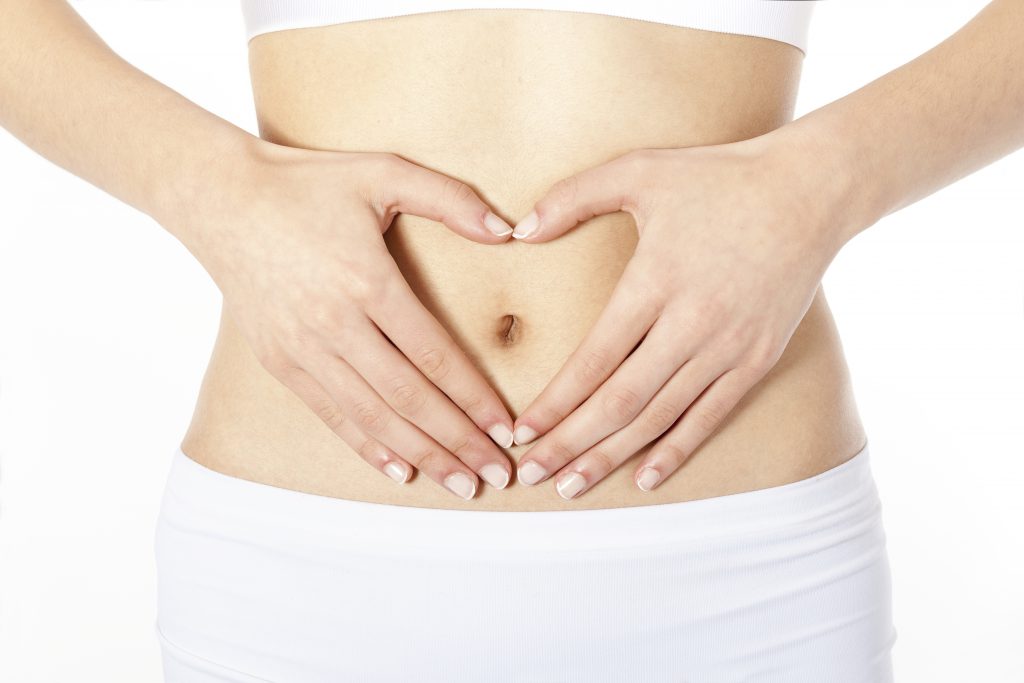Getting Healthy is an Inside Job

Getting Healthy is an Inside Job
The body has an amazing and innate ability to heal itself. As much as modern medicine knows and has to offer us, there is a deep wisdom within our body in that it knows how to create health, given the proper environment. To a degree we have been brainwashed to believe that most, if not all diseases are genetic in origin.
I can’t tell you how many times I’ve heard a patient say that my mother or father had heart disease, diabetes or Alzheimer’s disease with a fear in their voice that they are waiting for the same thing to happen to them, sort of like the sword of Damocles hanging over them their whole life.
What we now know is that our environment is just as important, if not more important than our genetics. I like to tell my patients that for most conditions, your DNA is not your destiny. Our DNA acts like a giant recipe book, that allows us to cook up any meal at a moments notice depending up the environmental ingredients or inputs that we give it, with one of the most important input being food.
Our bodies respond to environmental signals, and these signals are really energy inputs to our bodies, which interact with our cells, as well as with the microbes that we carry inside of us. The signals that our body is constantly responding to include: food, temperature, light, darkness, exercise, along with our thoughts and beliefs. The energy signals that our body reads are either good signals or bad signals. We want to have as many of the good signals or energy as we can, while minimizing or eliminating the bad signals.
There is such a focus on food and nutrition in the news that it can be very confusing for the average person: Low-carb diet, no-fat diet, high-protein diet, Paleo diet, etc. Or as I like to put it the “What the heck should I eat diet?!”
An important point that is missed by most doctors and nutritionists is that we need to nourish the commensal bacteria in our gut . “Commensal” is Latin for “together at the table.” Hence, we need to realize that when we consume food, we are feeding not only ourselves but also our gut microbiome, which is all of the bacteria that we carry around inside of us.
The latest research in medical science proves how important a healthy and diverse microbiome is for our health. When the natural balance of the gut microbiome gets disrupted, it can lead to systemic inflammation, fatigue and depression. A host of factors can contribute to this imbalance, including prolonged use of antibiotics, eating a high-fat/high-sugar diet, not getting enough dietary fiber, using artificial sweeteners, and taking acid blocking medications. Imbalances of our gut bacteria have been linked to obesity, diabetes, heart disease, autoimmune disease, depression and even Alzheimer’s disease.
Very often in Functional Medicine we get to see miracles (because most of medical care does not have a way to get these results). I had a patient who struggled for years with fatigue, brain fog and digestive issues who was given the diagnosis of “irritable bowel syndrome.” Unfortunately, the patient started out early in life with intestinal problems that required emergency surgery shortly after he was born.
He did relatively well afterwards as a child despite not having a good diet, but eventually it caught up with him. Later in life he had multiple other abdominal surgeries along with courses of antibiotics and strong acid blocking medications. These strong acid blocking medications (called proton pump inhibitors) are unfortunately handed out like Pez candy by a lot of mainstream gastrointestinal doctors.
Study after study has linked the prolonged use of acid blocking medications to increased food allergies and intestinal permeability, bone loss and vitamin B12 deficiency.
After consulting with me and our nutritionist and ordering a variety of directed tests, I was able to determine a variety of issues which were causing his problems – including:
- An overgrowth of bacteria in the small intestine
- A strong immune reaction to gluten
- An imbalance of gut bacteria and increased intestinal permeability or “leaky gut”
By using food as the primary tool to help heal, my patient had a miraculous recovery. We put him on a gluten-free diet and a low-fermentable foods diet (also known as low FODMAPS or Fermentable Oligo-Di-Monosaccharides and Polyols), along with healing bone marrow broth and supportive nutrients. Within a matter of a couple of months his symptoms improved dramatically, showing that the power of food to heal is truly amazing!
5 Steps to Heal from the Inside Out
- Avoid antibiotics, unless absolutely necessary.
- Take a high dose multiple strain probiotic if you have to take an antibiotic or simply to keep your gut healthy.
- Eat plenty of fiber, or as Michael Pollan says succinctly, “Eat Food, not too much, mostly plants.”
- Avoid acid blocking medications such as proton pump inhibitors unless absolutely necessary.
- Use fermented foods and drink bone marrow broth to heal the gut.

